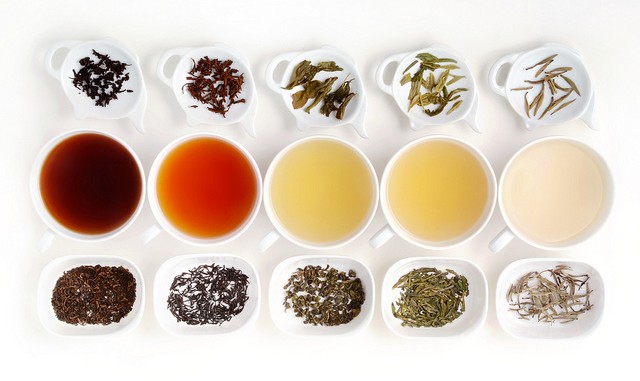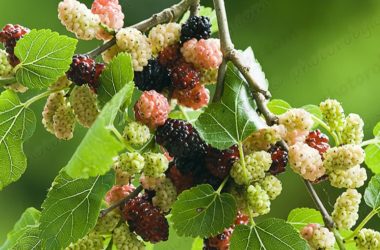Want to have an idea on how many tea choices you have these days? Simply step foot inside the local health food store or get to the supermarket aisle where the teas are. Especially if you’re not a hardcore tea fanatic, you may find it kind of confusing which type of tea you should pick for your personal enjoyment.
There are hundreds of tea varieties available on the current market, each one made different from the other in terms of the color, aroma and most especially flavor. However, it’s important to know that only a handful of your choices out there can be classified as true teas. The rest are what you call herbal teas.
True teas are the ones that come from the camellia sinensis plant. On the other hand, herbal teas are obtained from other plants suited for tea making — lavender, chamomile, jasmine, peppermint, nettle, lemon balm, cardamom, ginger, cinnamon and so many others. Both true and herbal teas are revered for their various health benefits.
For this article, let us point the spotlight in the direction of true teas — the kinds made from the leaves of the camellia sinensis plant. There are actually only 4 teas that fall under the category of true teas. They are green, black, white and oolong. Continue reading to get to know each one better!
Green Tea
Among all the true teas on the planet, it cannot be denied that green tea is the one that’s getting a lot of attention. This doesn’t come as a surprise because this beverage is known for its numerous health benefits as well as superb ability to promote weight loss — and that’s why it is a common ingredient of many slimming pills!
Thanks to the minimal processing given onto the leaves of the camellia sinensis plants, green tea boasts of a delightfully vibrant color. It also packs a lot of healthy plant oils since the leaves are not allowed to oxidize for a long time. The flavor of green tea varies, depending on whether it is steamed or roasted after the drying process.
Black Tea
The deep color of black tea is due to the fact that the camellia sinensis leaves are allowed to fully oxidize. Because of this, its antioxidant content may not be as impressive as that of green tea. However, this doesn’t mean that black tea is a less healthy beverage! Classics such as English breakfast and Earl Grey teas fall under this category.
Longer oxidation process is what gives black tea its characteristic color and flavor. However, the flavor as well as boldness of every cup is dependent on the season of harvesting as well as the region where the camellia sinensis plant is grown.
White Tea
A lot of people love white tea because of its subtle flavor and mildly saccharine taste. It’s the perfect beverage for someone who wishes to take advantage of tea’s many health benefits but is not fond of the bold tastes of green or black tea.
Did you know that white tea is regarded as the healthiest tea of all true teas on the current market? That’s because it is made from the young leaves of the camellia sinensis plant. More importantly, the leaves undergo bare minimum processing. This is the reason why every cup of white tea is loaded with the health-giving goodness of antioxidants and plant oils!
Oolong Tea
Can’t decide which one between green tea and black tea you prefer the most in terms of flavor and aroma? It’s a good idea to opt for oolong tea. This very popular kind of true tea is actually right in between green and black teas. Oolong tea yields a smooth brew that fills the air with its aroma. Oh, and high quality oolong teas are some of the priciest teas around!
The reason why oolong tea is a cross between green and black teas is this: the outer parts of the harvested camellia sinensis plant leaves are allowed to oxidize, but the central portions are kept green. This results in the characteristic blend and aroma of this kind of true tea, plus a host of health benefits due to its loads of antioxidants.












